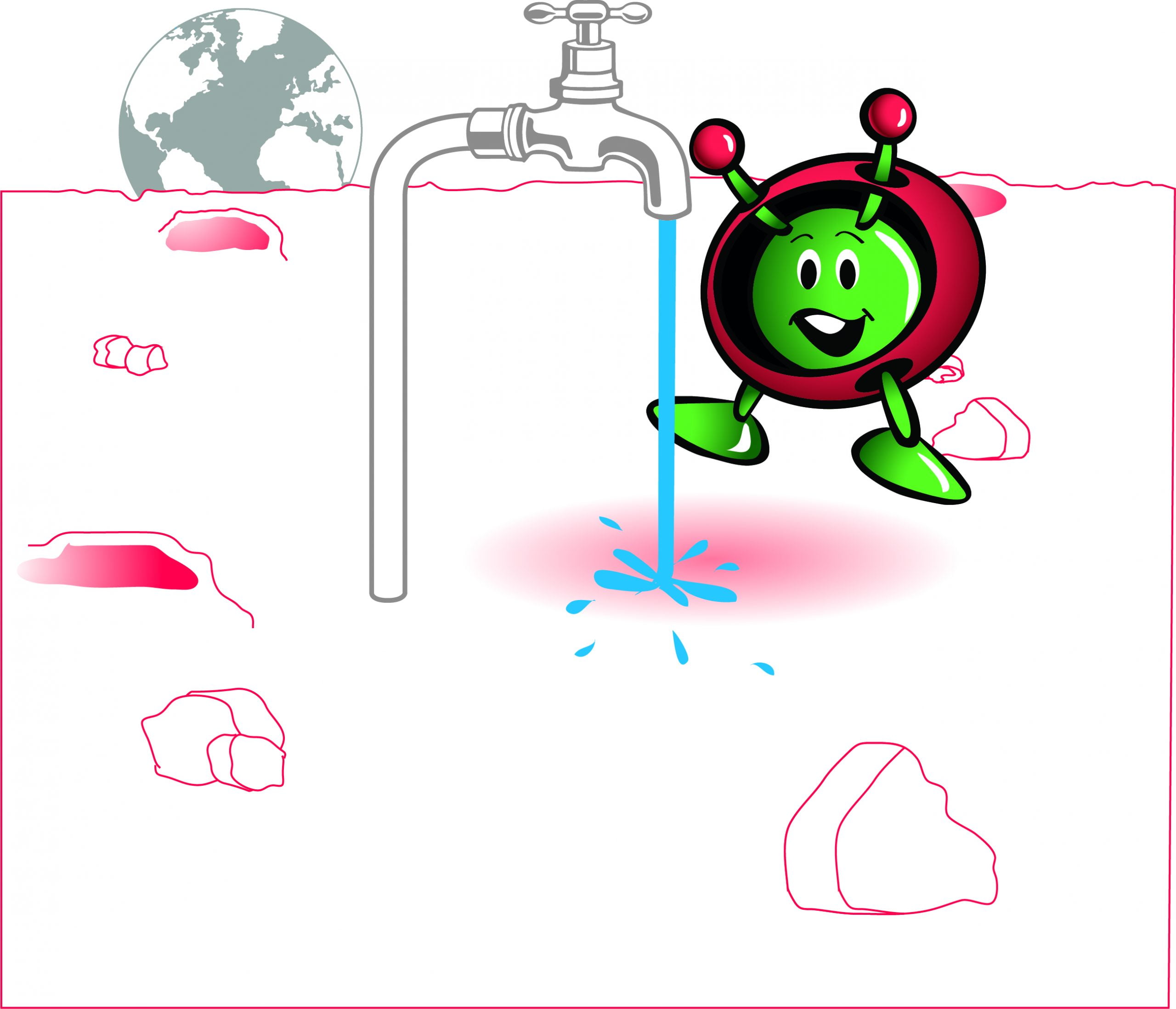Water on the Moon – Filtering lunar ice cores to extract water
In this resource, pupils will spend a day recording approximately how much water they use for different activities.
This is followed by an experimental activity in the classroom, where they will use pre-prepared “lunar ice cores” and filter these to get water.
They will use the results of the first and second activity to calculate how much lunar ice they would need to dig or drill to give them enough water for one day.
The resource suggests discussions of water use and recycling, both on Earth and in space.
Learning Objectives
Age range:
8-12 years old
Time
Preparation: 45 minutes
Lesson: 2 hours in total – divided into at least two parts
Resource available in:
English, Danish, French, German, Polish, Spanish, Swedish and Romanian
Activity 1: How much water do you use every day?
In this activity, pupils will use a table to record the number of times they complete a task that requires the use of water, including activities such as using the dishwasher or cooking that also take place in their home. In the classroom they will then calculate the total water they have used in one day.
Equipment
Activity 2: Dirty ice to clean water
Pupils perform an experiment to retrieve water from frozen lunar soil samples and compare it to the amount of water they would need on the Moon.
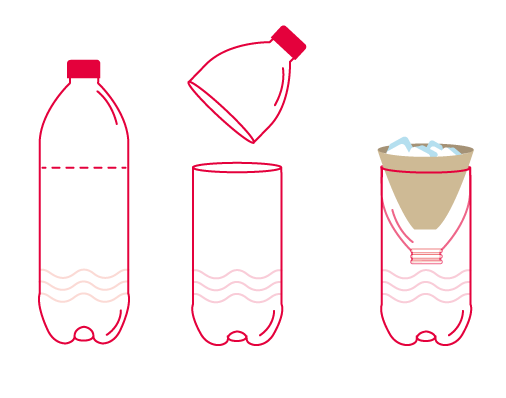
Equipment
Activity 3: Water conservation on the Earth and the Moon
Following activity 1 (and possibly 2), pupils should consider how they could reduce water use on the Earth and on the Moon.
Equipment
Did you know?
Astronauts on the International Space Station recycle most of the water that they use – about 75%. The Water Recovery System can recover water from astronauts’ urine and from their breath. This is filtered and cleaned and can be used again. One saying they use is “today’s coffee is tomorrow’s coffee”!
Astronauts on the International Space Station use typically one tenth of the water of the people on the Earth. On the Moon astronauts probably would have to use even less water per day!
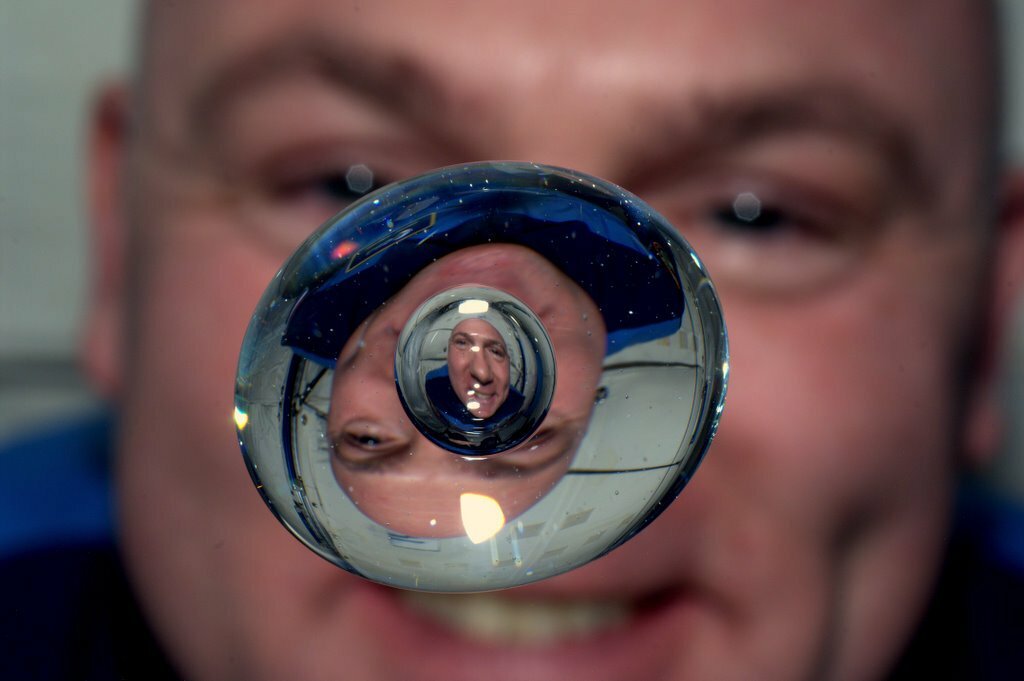
Andre Kuipers and water on the iss
Keywords:
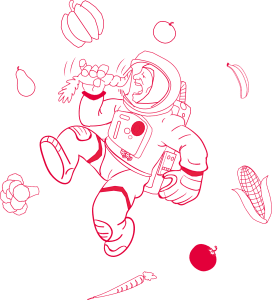
AstroFood – Learning about edible plants in Space
Brief description: In this set of activities, students will learn about the different components of plants. They will learn which parts of plants are edible
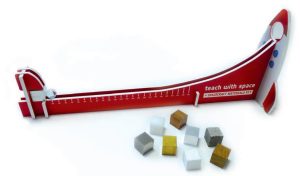
Spacecraft Materials Kit
Brief description: Pupils can use the ESA Spacecraft Materials Kit to experimentally investigate a variety of different materials. A set of five activities enables pupils to get
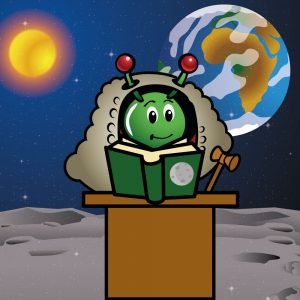
Moon Constitution – How would a future lunar community be organised?
Brief description: In this resource, pupils will debate some organisational and social characteristics of a future settlement on the Moon and relate it to their

